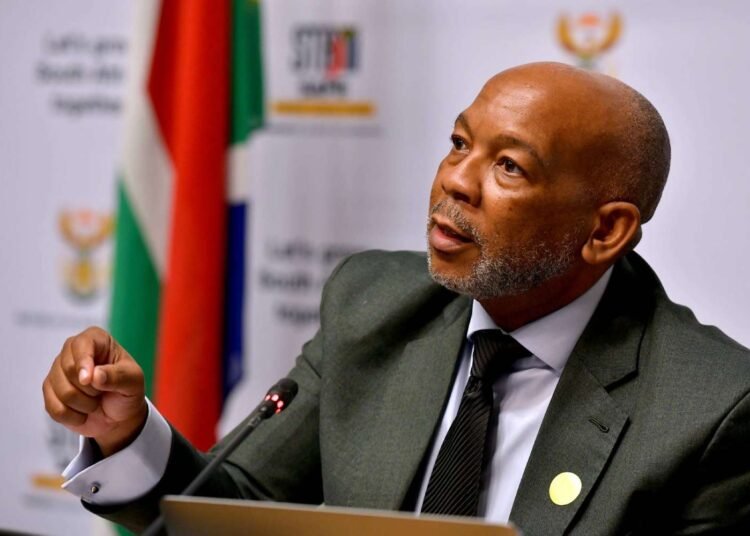Africa can produce more energy than it requires within the next 30 years if it takes advantage of its natural resources.
This is according to Minister in the Presidency for Electricity, Dr Kgosientsho Ramokgopa, who was delivering a keynote address on Green Hydrogen at the Africa Energy Week held in Cape Town.
“We need to have a Pan African view in the exploitation of this energy carrier and our view is that by 2040 Africa can produce up to 50 times more energy from renewables than the world’s estimated demand.
“This is as a result of our location advantages. I think we have some of the radiation levels of any parts of the world and we also have some of the best wind speeds along the coastal areas,” he said.
The Minister emphasised, however, that Africa must provide its own “interpretation” on what a just energy transition constitutes.
“We have got an opportunity to define a Just Energy Transition with African characteristics and in this instance, it is about universal access, the exploitation of critical minerals that are key to development of green hydrogen and realising its potential.
“We can see that by smelting African iron ore locally, we are likely going to create much needed jobs and therefore the skills that are required to support that transition. In that way, in addition to broadening the industrial base, we are really getting people in good quality jobs…this is in addition to the decarbonisation agenda,” he said.
Honing in further on green hydrogen, Ramokgopa moved to allay fears that green hydrogen production will bear a heavy toll on South Africa’s water resources.
“It is important that in the conversation around the potential of green hydrogen, we confront what essentially is an objective inherent risk associated with the exploitation of this resource and the strain that it’s putting on our water resources.
“There’s a rich body of literature that suggests that coastal countries can use sea water to produce green hydrogen and therefore eliminating the strain that is likely it’s likely going to place on limited water resources…especially countries like South Africa where water is a scarce commodity,” he said.
The Minister explained that Sub-Saharan Africa’s resources have the capacity to “produce anything between 5000 and 13 000 million tonnes per year” of green hydrogen.
“We think that could come at about $2 per kilogram…essentially by 2050 and therefore making green hydrogen financially competitive compared to other energy sources.
“I did make the point that it could also contribute significantly to the national revenue funds of many African countries of up to $20 billion and that could distributed to ensure that we are able to expand on social infrastructure, improve the quality of life of our people and ensure that we put Africa on a pedestal for significant growth going into the future,” he said.






























































